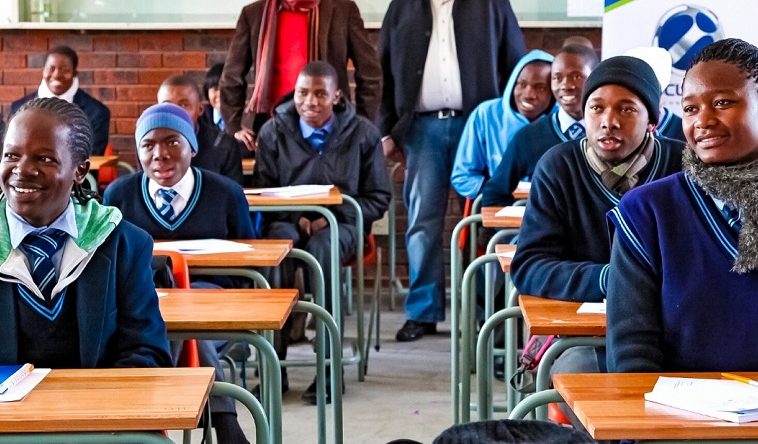In modern governance, media plays a key role in shaping public opinion, influencing policy, and holding governments accountable. In many democratic societies, the free flow of information is considered a cornerstone of transparency and accountability.
However, the regulation of media, especially in digital spaces, is becoming increasingly complex. Tanzania’s recent suspension of several online platforms has thrust the country into the spotlight, prompting debate about the balance between state control, media freedom, and governance.
The Tanzanian government, through the Tanzania Communications Regulatory Authority (TCRA), suspended several online platforms of Mwananchi Communications Limited (MCL), including The Citizen, Mwananchi Digital, and Mwanaspoti, for 30 days. This decision was triggered by the publication of content that, according to the TCRA, threatened national unity and social peace.
The alleged content, an animated video shared via social media, addressed public concerns over recent abductions in Tanzania, a sensitive issue following the discovery of an opposition leader’s body in Dar es Salaam in September.
This incident is part of a broader trend in Tanzania’s media environment, where the government has employed regulatory measures to control online content. The suspension was justified under the Electronic and Postal Communications (Online Content) Regulations of 2020, which prohibit the publication of content deemed harmful to public order or the reputation of the country. While MCL complied with the suspension and issued statements affirming its commitment to responsible journalism, the move reignited debates over press freedom in Tanzania.
Media as a Pillar of Governance in Africa
The media plays a critical role in governance across Africa, by acting as a watchdog, fostering accountability, and providing a platform for public discourse. In democracies, free media serves as a bridge between the government and the public, ensuring that citizens are informed about national affairs, policies, and societal challenges. This empowers the population to make informed decisions and participate actively in governance.
However, when governments impose restrictions on media, particularly through digital platforms, it can undermine this role. In the case of Tanzania, critics argue that the suspension of MCL’s online platforms is a step backwards for press freedom, which had seen some improvements under President Samia Suluhu Hassan’s leadership. The government, however, defends the move as a necessary step to maintain national stability.
With the rise of digital platforms, the media’s role has expanded. Social media and online news platforms allow for real-time information dissemination, but they also pose challenges, such as the spread of misinformation or content that could destabilise society. Governments worldwide, including Tanzania, have introduced regulations to manage these risks. However, the challenge lies in balancing these measures with the preservation of press freedom.
In Tanzania, the application of the 2020 Online Content Regulations has faced criticism for its lack of clarity on what constitutes prohibited content. This ambiguity can lead to overly broad enforcement, as seen in the suspension of MCL’s platforms. While these regulations safeguard national unity, they must be applied transparently to avoid stifling legitimate journalistic work.
A Global Perspective
Tanzania is not alone in grappling with these issues. Across the globe, governments are navigating the delicate balance between controlling harmful online content and protecting freedom of expression. For instance, countries like Uganda and Ethiopia have also recently introduced stringent media regulations. These measures, while intended to maintain order, often spark concerns about the erosion of democratic principles, particularly when applied to independent media outlets that scrutinise government actions.
The recent suspension of online platforms in Tanzania brings to light the critical role of media in governance and the tensions between regulation and press freedom. For Tanzania, the coming months will be pivotal in determining how the government manages its relationship with the media, particularly in light of increasing public scrutiny and the global emphasis on digital rights.




